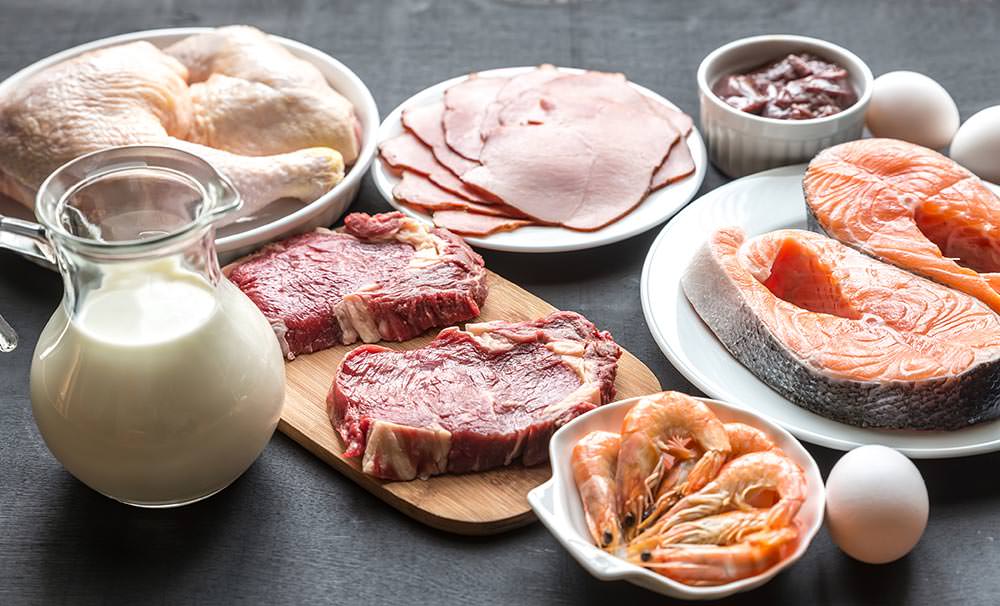What is Salmonella and How Can We Prevent It?

Salmonella is a bacteria that lives inside the gut of many farm animals and can affect meat, eggs, poultry and milk. Other foods such as vegetables, shellfish and fruit can also become contaminated if they come into contact with manure in the soil or sewage in the water.
Salmonella is very easy to transfer, therefore if raw and cooked foods are stored together the risk of spreading the bacteria is highly increased. Other animals such as reptiles can also carry the bacteria and occasionally even dogs, cats and rodents.
Salmonella can be spread from person to person by poor hygiene, by failing to wash your hands properly after going to the toilet, or after handling contaminated food.

Anyone is susceptible to salmonella however there are certain groups of people who are more at risk than others. This includes; children, the elderly and people who have weakened immune systems such as pregnant women or people with cancer or AIDS.
Symptoms of salmonella include diarrhoea, stomach cramps and often vomiting or a high fever. However if you become seriously ill then hospital care may be needed. Dehydration is often the biggest cause for this and can be life threatening. Symptoms normally appear around 12-72 hours after you have consumed the bacteria and can last for up to 7 days.
Most people will often recover from a salmonella infection on their own but on occasion antibiotics might be prescribed. The key to recovering from salmonella is to stay as hydrated as possible. Many important sugars and nutrients are lost during the illness and need to be replenished to recover quickly.
If someone who you live with has had salmonella then the following steps should be taken in order to reduce the risk of it spreading; wash all dirty clothes, bedding and towels in the washing machine on the hottest cycle possible, clean toilet seats, toilet bowls, handles, taps and basins.
You can prevent salmonella from spreading by doing these few things; wash your hands thoroughly with soap and warm water before you; handle or prepare any food whether it is raw or cooked, after going to the toilet or changing a baby’s nappy, after contact with any animals or after working in the garden.You should also; store raw and cooked foods separately, wash raw fruit and veg before cooking, keep all kitchen equipment and surfaces clean and of course cook food thoroughly.

Ensuring your food is properly cooked is a large part of keeping yourself and the people around you safe from food poisoning and infections. We recommend using our SuperFast Thermapen 4 to check each item that you cook is both safe to eat and delicious too. Used by hundreds of thousands of people worldwide, it offers a combination of speed, accuracy and convenience of use. All you have to do is simply insert the probe into food/liquid and you’ll get an accurate temperature reading in just 3 seconds.
The patented 360° self-rotating display can be used in any position, in either hand making it truly ambidextrous. The unit also incorporates an intelligent backlit display sensing light levels. The motion sensing sleep mode automatically turns the Thermapen 4 on/off when set down or picked up, maximising the battery life.
Temperature Guide
Beef/Pork/Lamb – 71°C
Poultry – 74°C
Fish – 60°C
Egg Dishes – 71°C
(Did you know that the FSA have now confirmed that British Lion eggs can safely be eaten runny, or even raw by pregnant women, young children and elderly people. This new advice comes since the long-standing warning was introduced after the Salmonella scare in 1988.)
